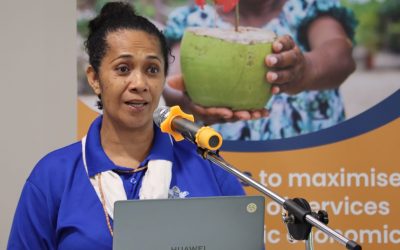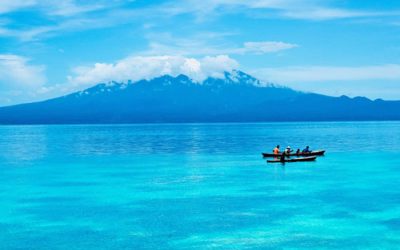The Asian Development Bank (ADB) has entered into landmark agreements with the governments of Solomon Islands and Tonga to advance renewable energy projects in both nations. Announced in December 2024, these partnerships aim to promote sustainable energy solutions and address the Pacific Islands’ reliance on fossil fuels.
In Solomon Islands, the agreement focuses on the development of a solar photovoltaic (PV) power plant and an upgrade to the electricity distribution network. This project aims to increase energy access in rural and urban areas while reducing greenhouse gas emissions. By integrating solar energy into the national grid, Solomon Islands is taking a significant step toward achieving its renewable energy targets and improving energy security.
In Tonga, the ADB partnership involves the installation of solar PV systems on public and private buildings and the expansion of battery storage capacity. This initiative will enhance Tonga’s ability to store and utilise solar energy, ensuring a stable supply even during peak demand periods. The project aligns with Tonga’s energy roadmap, which prioritises renewable energy as a cornerstone of economic and environmental sustainability.
Both agreements include capacity-building components, such as training local technicians and developing institutional frameworks to support the transition to renewable energy. By fostering local expertise, the projects aim to create long-term benefits, including job creation and reduced energy costs for households and businesses.
The ADB’s involvement reflects its commitment to addressing the unique challenges faced by Pacific Island nations. Geographical isolation and small market sizes have historically hindered energy development in the region. However, advancements in renewable technologies and international support are unlocking new opportunities for sustainable growth.
These renewable energy projects mark a significant milestone for Solomon Islands and Tonga. As they progress, they are expected to contribute to regional efforts to combat climate change, reduce dependency on imported fuels, and drive inclusive economic development. The success of these initiatives could also inspire similar projects across other Pacific Island nations, fostering a more sustainable and interconnected future.



